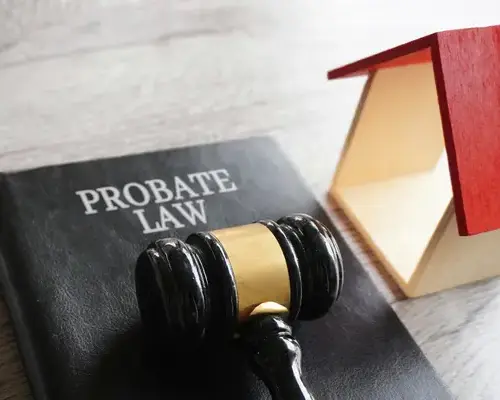
Real estate law can become very complex during certain kinds of transactions. This is especially true when considering the IRS requirements that money needs to be set aside from sales involving a foreign entity. For those who live in Florida and purchase real estate, it is certainly possible that a transaction will involve a foreign seller, and you will need to follow very specific withholding and taxation guidelines.
There are several rules that the buyer should familiarize himself/herself with before they purchase real estate from a foreign buyer. These rules are not applicable to domestic transactions. These rules mostly revolve around the Foreign Investment in Real Property Tax Act of 1980, commonly referred to as the” FIRPTA.”
How is the amount realized from the sale calculated?
For the purposes of these transactions, foreign sellers can include any business entity, trust, or individual seller who transfers ownership of the property from a domicile outside of U.S. borders. The buyer will need to have ten percent of the amount realized from the sale available for tax purposes. The definition of the amount realized is significant, as this includes the payment and cash received for the property, as well as the balance of any mortgage tied to the property, and personal property. Buyers need to be careful to make sure the amount realized from all of these items is not greater than their available cash or other funds at the end of the transaction, otherwise they may not be able to pay their tax obligations.
Ten percent of the amount realized from the sale shall be remitted to the IRS shortly after the transaction. If the IRS does not receive the total amount due within twenty days after the sale of the property, then there may be additional interest and other penalties added to the amount the buyer already owes. However, it is also possible that overpayments may be refunded after the foreign seller’s U.S. tax return is filed for that year.
The possibility of withholding for lesser amounts
There are some situations where the foreign seller will want to apply for a withholding certificate. This is normally done if the final liability is going to be less than ten percent as required or zero. The buyer should withhold the ten percent as required in the meantime, as the IRS can take ninety days to respond. When there is a response, the buyer must send the specific withholding amount that the IRS deems necessary based on the sale.
Other Exceptions that change the withholding process
Aside from applying for a withholding certificate, there are some other ways the total amount that needs to go to the IRS may be different from the standard ten percent.
If the property is only going to be used by the buyer as a home rather than an investment, and its sale price is less than $300,000, then there is no withholding requirement at all. However, the buyer or someone in their family must live at the property for two years after the closing.
Some transactions may also qualify as a 1031 exchange, which activates a different set of withholding rules. A 1031 exchange is essentially a way of changing tax liability by selling one property and buying another at the same time or within a short period of time. It is usually used by investors to defer taxes. This can be exempt from the ten percent withholding on the amount realized during the sale if a few conditions are met.
- The property that is sold off and the one that is purchased need to be closed at the exact same time
- No boot can be tied to the transaction
- The seller needs to notify the buyer that they are not going to recognize any gain or loss
- The buyer has twenty days from the sale to give the non-recognition notice to the IRS and confirm all of the requirements have been met
Getting the right kind of help before a real estate transaction that involves the FIRPTA
This is only a short overview of FIRPTA requirements, and it is important to get professional advice from a real estate attorney before completing any transactions or withholding taxes. Some of these rules are complex and confusing, and it is easy to make a mistake and end up owing the IRS additional money or facing other problems. Also keep in mind that even if you have purchased a home or owned investment properties in the past, the specific ways to comply with FIRPTA requirements may not be obvious. Your personal situation may include some nuances that will only be discovered with a conversation after a specialist attorney.
Talk to a real estate lawyer in the Orlando area
To learn more about the FIRPTA tax, foreign sellers, and any related issues, contact Legal Counsel P.A. You will receive the best legal representation throughout the process of purchasing and closing. Have questions? We have answers. Contact Legal Counsel, P.A. today at 407-982-4321.














